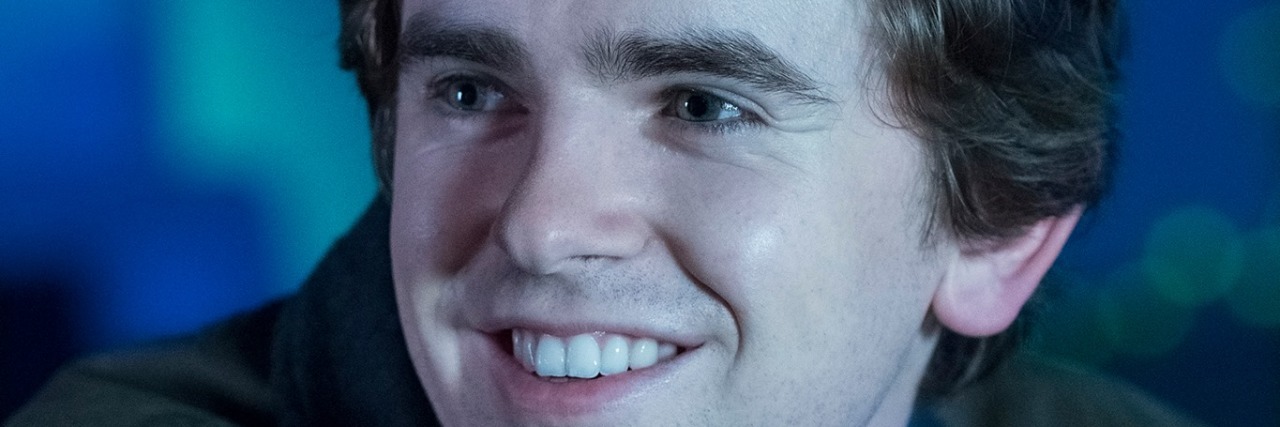“The Good Doctor” is not the next “Grey’s Anatomy.” It’s so much better.
The show centers around Dr. Shaun Murphy, an autistic young doctor with savant syndrome. Expertly played by Freddie Highmore (“Bates Motel”), Dr. Murphy is a brilliant physician with an incredible gift to see the hidden detail in every image, the teeny blip of sound in every heartbeat. On paper, any hospital would fight to have him on their surgical team.
But for one thing. That pesky autism diagnosis.
I feel the show breaks autistic stereotypes and expertly captures the deep emotion of an autistic person that many never see.
Writer David Shore demonstrates the vulnerability and genius and beautiful nature of a person with autism. Of course every person with autism looks completely different, full of contradictions and paradoxes. Some are loud and boisterous, others super quiet. One will never utter a word, another will win a national debate competition. Even so, the show’s writers manage to capture key characteristics true of so many with autism. They are often misunderstood and brushed aside because of their perceived lack of emotion, their poor social skills, and highly concrete way of thinking.
They often don’t act according to social rules. They may say the wrong things at the wrong times. They can shut down emotionally and physically for no visible reason.
We see all this personified in Dr. Shaun Murphy.
The end of the pilot episode best captures this sometimes-heartbreaking reality as Dr. Murphy takes a painstakingly long time to answer his make-it or break-it job interview question: Why do you want to be a surgeon?
His response will bring you to tears.
“The Good Doctor” accurately demonstrates the tireless advocacy a parent often goes through just to get others to see the value in their child and give them a chance.
The hospital board does not want the liability of an autistic surgeon. He might leave patients uncomfortable. He could have a meltdown. He’s “weird.”
Yet Dr. Murphy has one advocate, Dr. Aaron Glassman (Richard Schiff, “The West Wing”) who will stop at nothing to help others see his value and beauty and important contribution to the world. He shares a special relationship with Dr. Murphy that is heartfelt and moving.
We see arrogant, close-minded, brilliant surgeons reduce Dr. Murphy to grunt work. We see Dr. Murphy mess up in his communication with patients. We see him save a child because of his gift. We see people cut him down, and we see Dr. Murphy stand resilient, unaffected by the meanness of others.
Dr. Murphy is not unaffected because he doesn’t feel emotions. He is unaffected because he is used to it. Dealing with setbacks is a part of his daily life and he just powers through.
Resilience often characterizes an autistic child and their fierce advocates above all else.
“The Good Doctor” gives us parents hope that one can actually make it through school relatively successfully and make a positive contribution to this world.
The fact that Dr. Murphy is a brilliant surgeon is not lost on me. He somehow managed to survive middle school bullying and isolation and a tremendous amount of childhood trauma. He finished high school and college and medical school.
He beat the odds.
I cried watching the first episode of “The Good Doctor.” I even “stalked” the show’s writer/producer, David Shore, and producer Daniel Dae-Kim just to congratulate them on capturing something so difficult to get right.
I cried — not a “This is Us” ugly cry, but in a “oh my goodness, who is the creator of this show? He knows!” sort of way.
Go watch.
Image via Facebook.

